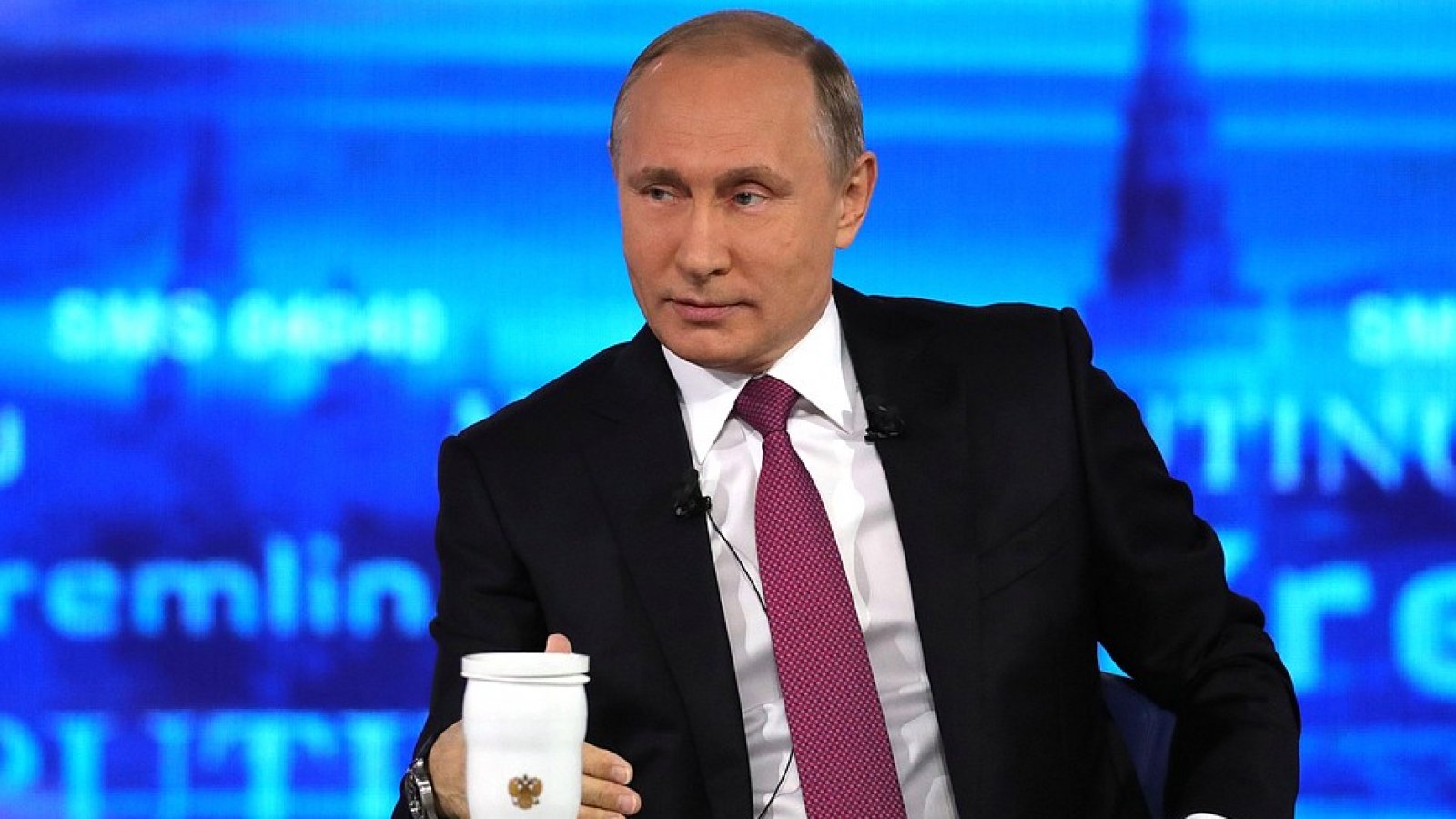
With an end of January deadline looming, Russian oligarchs are stress-testing their financial investments and lobbying to stay off a U.S. Treasury Department list of individuals close to Russian president Vladimir Putin.
The report is expected to amount to a blacklist of Russia’s elite. It was mandated by a law President Donald Trump reluctantly signed in August intended to penalize the Kremlin for its alleged meddling in the 2016 election. A rare piece of legislation passed with a bipartisan veto-proof margin, the law gave Treasury, the State Department and intelligence agencies 180 days to identify people by “their closeness to the Russian regime and their net worth.”
That deadline is Jan. 29.
Since the designation is not the same as being sanctioned, the Treasury Department is weighing how to handle the matter:
Treasury officials are considering keeping some portions of the report classified -- which the law allows -- and issuing it in the form of a letter from a senior official, Sigal Mandelker, instead of releasing it through the Office of Foreign Assets Control, which issues sanctions. That would help distinguish it from separate lists of Russians subject to U.S. economic penalties...
“You’re going to have people getting shamed. It’s a step below a sanction because it doesn’t actually block any assets, but has the same optics as sanctions -- you’re on a list of people who are engaged in doing bad things,” said Erich Ferrari, who founded Ferrari & Associates in Washington and has helped people get removed from the sanctions designation list.
The report must include “indices of corruption” with the oligarch’s names and list any foreign assets they may own. Lawmakers expect the list to provide a basis for future punitive actions against Russia.
While Putin is working on ways to protect his friends, the United States is evaluating possible next steps:
Russia has sought to defend its elites. Putin warned of worsening U.S. sanctions last month and introduced a capital amnesty program to encourage wealthy nationals to repatriate some of their overseas assets. He also approved a plan to issue special bonds designed to give the wealthy a way to hold their dollar assets out of reach of the U.S. Treasury.
(...)
Congress has also requested that Treasury submit an impact analysis of potential sanctions on Russian sovereign bonds. A Treasury spokesman said its international affairs office is working on the analysis.
U.S. sanctions on the bonds would deal a major blow to Russia’s finances, raising the prospect of a selloff in the bond market, posing a risk to the ruble and the potential for higher borrowing costs. The Russian Finance Ministry relies on debt to cover budget shortfalls and is seeking to borrow $18 billion domestically in 2018.
Read more: Russia’s Oligarchs Brace for U.S. Report Listing Putin Friends (Bloomberg Politics)